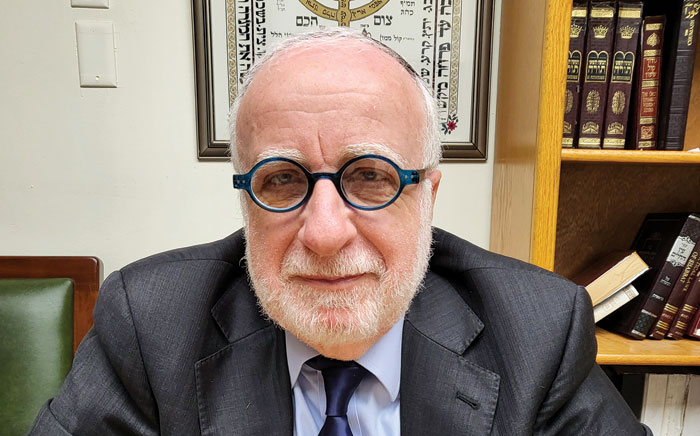 Rabbi Moshe Benzaquen
Rabbi Moshe Benzaquen While many of his fellow 72-year-olds are reaching for the brakes, Rabbi Moshe Benzaquen is pushing the accelerator on his next challenge: making Aliyah in two years and building a yeshiva from the ground up. “I can hardly wait,” he said, sitting in the West Coast Torah Center, Beverly Hills, which he founded at the turn of the century.
“I am building Kiryat Derek Hayim, a haredi (Orthodox) high school/yeshiva,” Benzaquen explained. It will be a six-building campus – location to be determined. “We are going to find a place where there’s a train coming through.” The rabbi’s dream is an 80-student high school, for students age 14-18, and a 200-student yeshiva/college. “All of the professionals, all haredim,” he said. “My goal is to be in Eretz Israel and to do something for Am Yisroel.”
Benzaquen was born and raised in Melilla, his mother’s hometown, a North African Spanish city that shares a border with Morocco, his father’s birthplace. The youngest of 11 children, as sometimes happens in huge families, young Moshe didn’t get to know his siblings until later in life. What all the children had in common was that they were educated in Catholic schools. “That was all we had,” Benzaquen said.
The only organized learning for Jewish students was the Talmud Torah, a daily ritual from 4 o’clock until 7. “We really learned quite a lot,” the rabbi said.
In Spain, you have siesta beginning at 1 o’clock, “just like the Mexicans. They would close the shops and go for lunch. By 1:30, we were in shul. There would be a line of kids, and we would sing Tehillim — for one hour. Sing it, not read it because you don’t memorize anything if you read. That is how we learned Tehillim by heart.”
In 1964, when Benzaquen was 12 years old, he started Catholic school. “Until then,” he explained, “we were in Talmud Torah.” The rabbi did not finish high school. “The last year, I had preu, which means pre-university.” There were three major exams in all subjects—Friday, Shabbat and Sunday – “and I didn’t do them,” Benzaquen said. “I didn’t go to shul on Shabbat. I went to school because if you miss three times, they would kick you out. I had to pray privately. We had an hour of religion every day.”
Numerous Jews were among the Melilla student body. There were eight in his class; some went to England to study, others to Hebrew University in Jerusalem. They all went on to become PhDs in chemistry. One is head of the chemistry department at Hebrew University, another is with the Weizmann Institute, where he was among seven scholars who created a satellite to go to the moon (though it failed).
“For Sephardim born in Spain,” the rabbi said, “it was natural to do secular studies, to be very observant, very learned in Torah. It was normal. There was no debate about whether you should study.”
“For Sephardim born in Spain,” the rabbi said, “it was natural to do secular studies, to be very observant, very learned in Torah. It was normal. There was no debate about whether you should study.”
In Los Angeles, religious male students instantly are identified by their yarmulkes. In Melilla, wearing a yarmulke to class was not permitted. “No one wore them, and Sephardim didn’t make an issue about yarmulkes,” Benzaquen said. “Obviously, you wear one when going to shul, when you are home and eating, making brachot (blessings) but that is it. Even in the street you don’t.”
Generally speaking among the Modern Orthodox in contemporary times, “besides Tefilah (certain prayers), I don’t think there is a difference between Ashkenazi and Sephardim,” the rabbi said. “Hasidim are a different story.”
All 10 of the rabbi’s siblings not only had left home by the time he was growing up, all had left the country. The two oldest went to Venezuela to study, and the rest to England. “Only after I went to England for college did I meet and get to know them,” the rabbi said. “That is why we are very close today. Extremely close. We learn together every day on Zoom, study together.”
Time, however, has deprived Rabbi Benzaquen, father of six, of some siblings. “My oldest brother was 92 when he passed away eight months ago,” he said. “He was 20 years older. I have two brothers in Eretz Israel, one in Seattle, one in Miami. A month ago, I lost my brother in Caracas, Venezuela. We are five now.”
After graduating from Jews College, London and being ordained by the Sephardic Chief Rabbi of Jerusalem, Benzaquen’s first stop was a six-year term with a Spanish and Portuguese congregation in Holland Park, London. He spent two years at Yeshiva University, studying to be a dayanut (judge in Jewish law). During Rabbi Benzaquen’s dozen years in England (1969-1981), he became “quite comfortable … I used to be educated there,” he reflected. “I would go to Albert Hall every week to listen to classical music. I used to go to Covent Gardens to hear operas.” That changed when he moved here. “I came to California, and I stopped,” he said. “I don’t know anything about culture here. In 1983, he joined the late Rabbi Elias Levi at the Sephardic congregation of Kahal Joseph, and four years later became senior rabbi. In 1994, he presided at the bar mitzvah of Rabbi Natan Halevy, today the leader of Kahal Joseph, here.
“I became an am ha’aretz when I came to California. In England, we would go as a group to hear the ‘1812 Overture.’ It was beautiful.”
As for stepping back, “I am retiring from California to go to Eretz Israel to continue working there.”
Fast Takes with Rabbi Benzaquen
Jewish Journal: Your favorite Sephardic food?
Rabbi Benzaquen: Friday night Moroccan fish.
J.J.: Best Sephardic book you have read?
R.B.: I read a book, “Hitler Stopped by Franco,” about Francisco Franco (who led Spain from 1939 until his death in 1975). He saved more than 40,000 Jews. He was extremely kind to the Jewish community in Spain.
J.J.: Your favorite moments with your wife?
R.B.: In England, the first year I was married – neither of us had family. And we grew from that. We have six children, three boys, three girls.










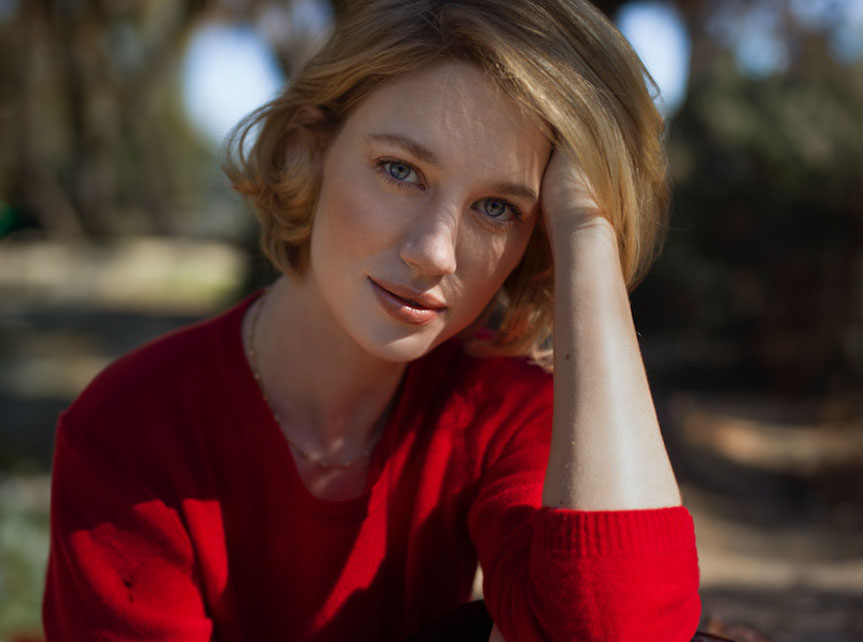




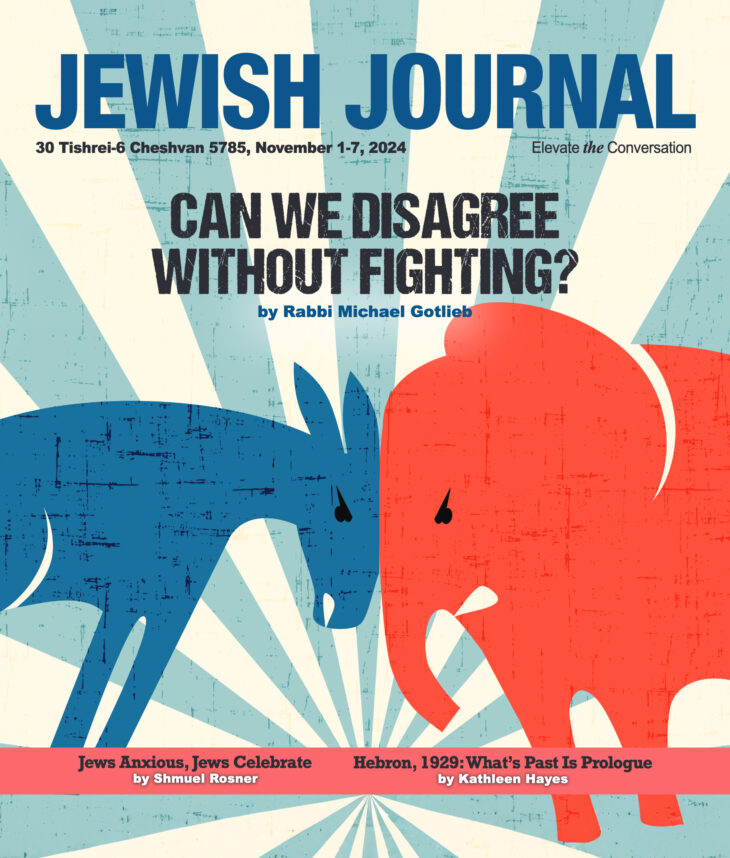
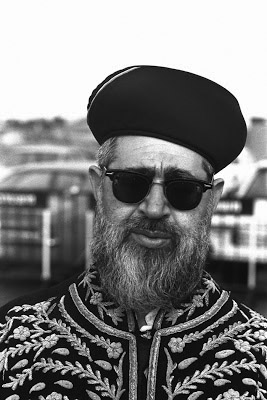
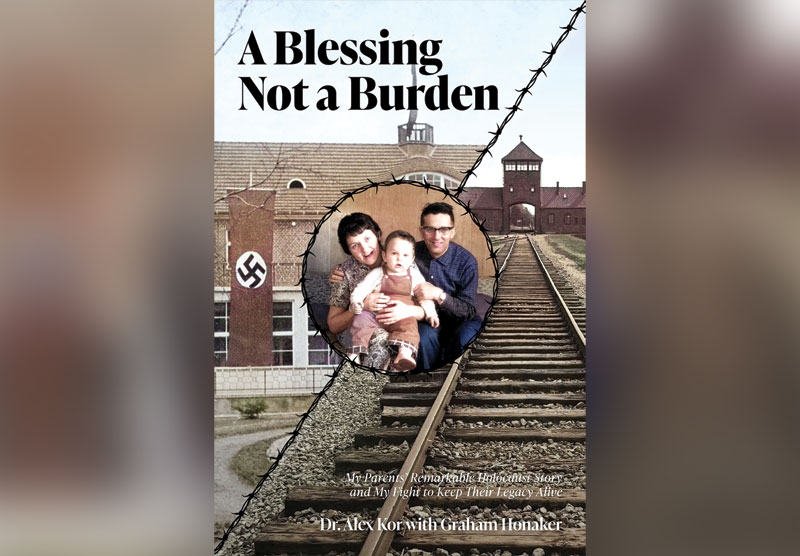



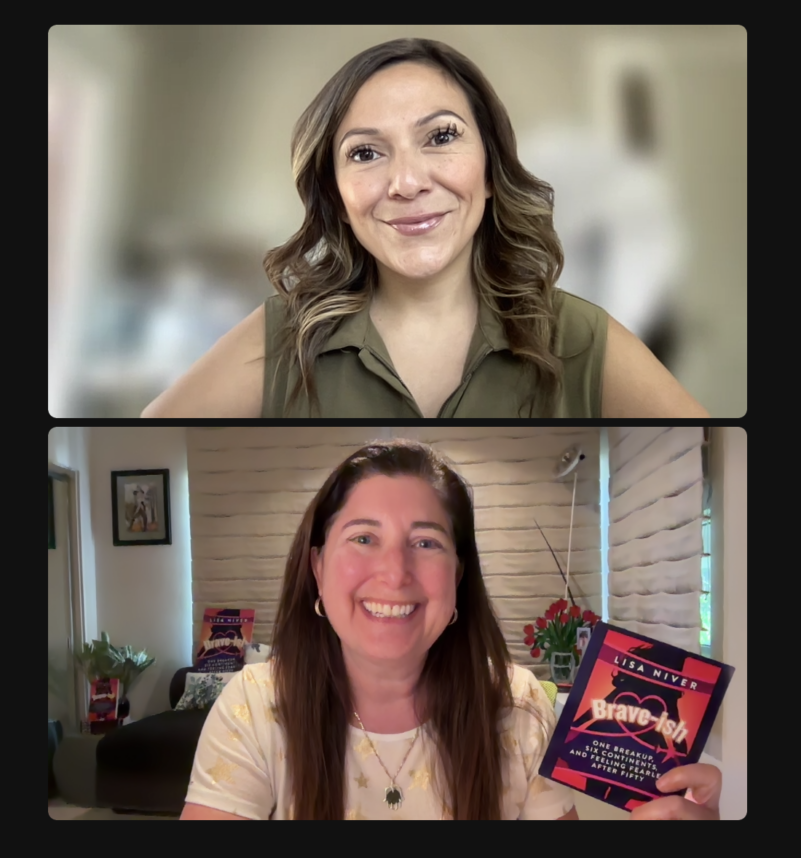
 More news and opinions than at a Shabbat dinner, right in your inbox.
More news and opinions than at a Shabbat dinner, right in your inbox.